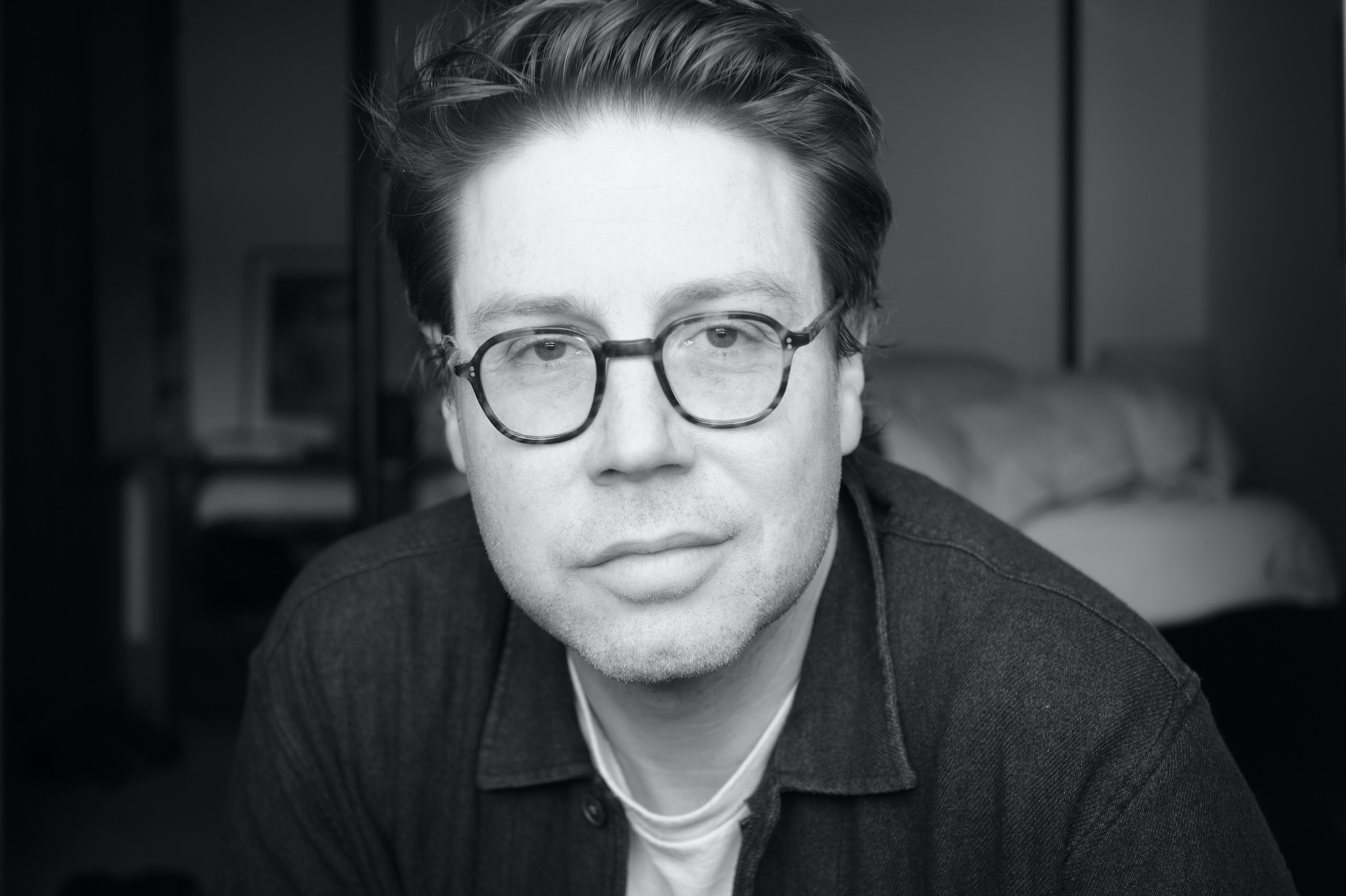Connal was awarded a Future Leaders Fellowship (FLF) for his project: ‘The Future of Good Decisions: An Evolutionary Approach to Human-AI Administrative Decision-Making’.
Congratulations on your FLF grant! How did you celebrate the award?
Thankyou! It was life-changing news. I celebrated by getting slightly more sleep, phoning old friends, and spending more time with my young son.
Could you give us a brief outline of what your project entails?
It takes a new approach to the challenge that automated decision-making tools are presenting to lawful government. Whereas dominant approaches are trying to change how decision systems are engineered so as to better meet existing legal criteria and values, my research treats those criteria as products of their historical time, asking instead: how might decision systems, normative values and evaluative frameworks evolve, given the thoroughgoing shifts brought about by new information technologies?
What led you to this area of research?
For many years I’d been thinking about the relationships between Western conceptions of ‘the human’ and the nature of law, as well as the work that the idea of ‘the human’ does in concrete legal processes. With my colleague Professor Maria Drakopoulou (KLS), in 2018 I was awarded an AHRC grant to explore these issues in an international network on ‘law and the human’, which also considered new information technologies. There seemed to be little attention on how new technology is transforming law as a social and political institution, and how our evaluative frameworks rely on liberal humanist conceptions that may not always be technically realistic. Focusing on a practical legal process that I was familiar with from my time as a government lawyer (administrative decision-making), I wanted to figure out whether there are alternative ways to approach legal processes involving automation that better serve the values of open, participatory democracy—while telling a new story about the relation between law, technology and humans.
How did you find the FLF application process?
It was extremely time consuming, taking about eighteen months to put the project together, plus a year for the application process itself. It was often stressful and uncertain, but also exhilarating and rewarding as I refined ideas, confirmed collaborations, and figured out exactly what I wanted to do. It was also made manageable by good advice from generous colleagues at Kent and beyond, as well as the support of the LSSJ research team, throughout the various stages of the application process.
What do you hope will be gained from your project, personally and societally?
My project aims to change the conversation about human-AI decision-making systems, and how we talk about whether they are good or not. I hope that this results in concrete change in the design and evaluation of decision systems in administrative government, so that future decision making is more democratic, participatory and robust. As a legal theorist, I think this will mean developing new understandings of governance and the nature of law in evolving techno-social ecologies. As a legal researcher, I hope the creative methods I am developing, using live-action participatory decision-modelling, will be taken up more widely as a way to design and evaluate human-machine collaborative processes. On a personal level, this project means finally being able to synthesise the different intellectual disciplines, practice sectors and research methods that have been part of my work for the past decade, allowing me to use my interdisciplinary scholarship to create meaningful change.
How is the project going so far?
I’ve learned how much work it is to set up a major research project! I’ve also been giving talks to catalyse interest and get feedback from across disciplines on the project’s unique research design, as well as working on initial publications. There have already been signs of interest from within government, showing keenness to consider automation tools more deeply and holistically. I’ve also been growing the project’s links into critical AI system design and data science, via a summer programme on ‘AI and Humanity’ that I co-designed at the Simons Institute for the Theory of Computing (UC Berkeley), with colleagues from Cornell, Cornell Tech, and Melbourne Law School.
Where can we find more information on your research?
You can read more about the project plans on LinkedIn. The website will go live soon, but in the meantime you can follow me on Twitter, and the project’s postdoc researcher Conor Heaney, for updates. There is also a mailing list– please email me on c.parsley@kent.ac.uk to be added.
Interview by Sian Robertson, LSSJ Research & Innovation Coordinator

